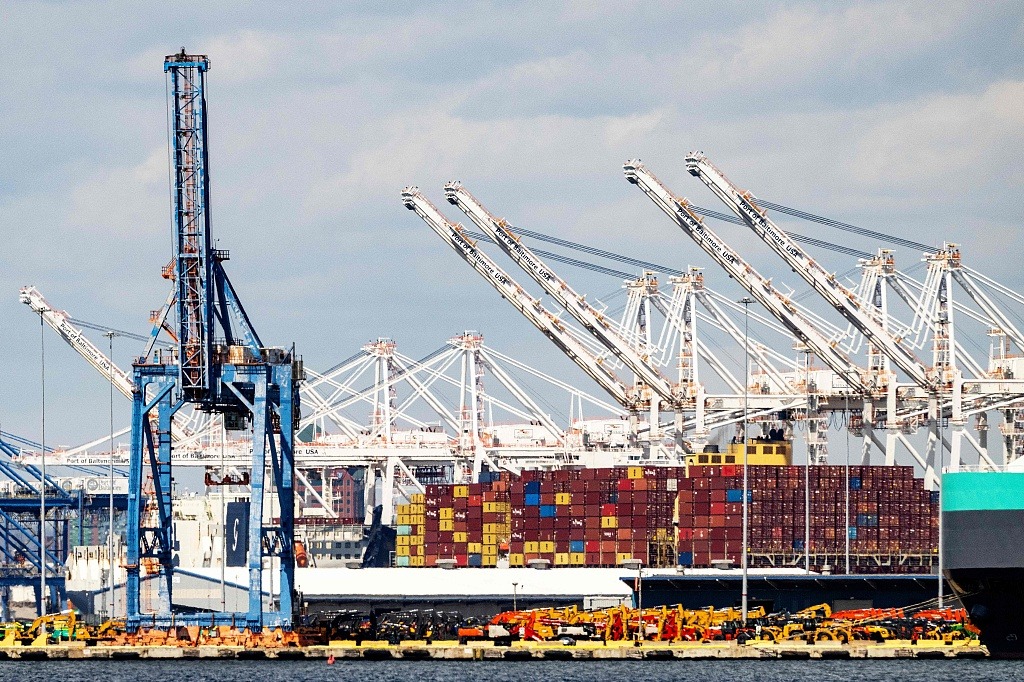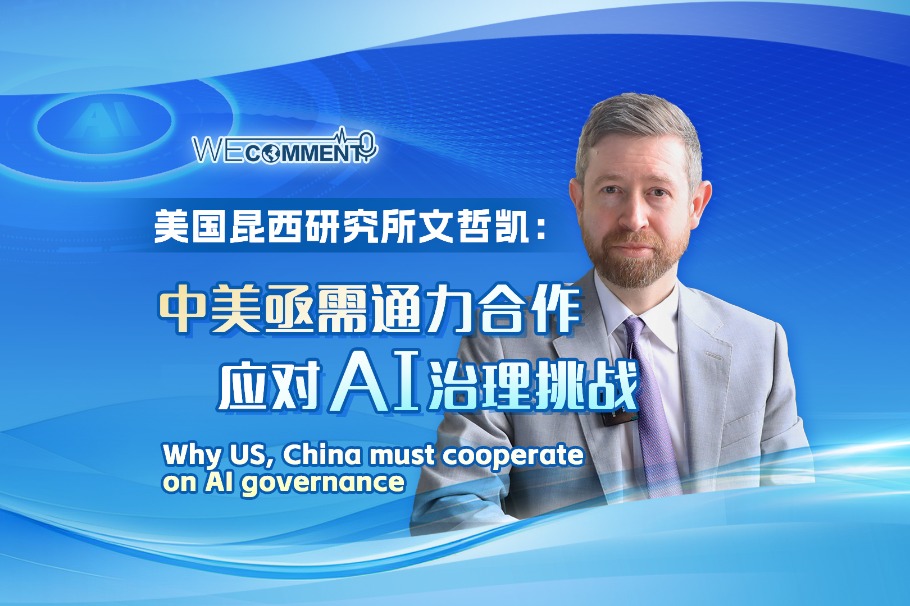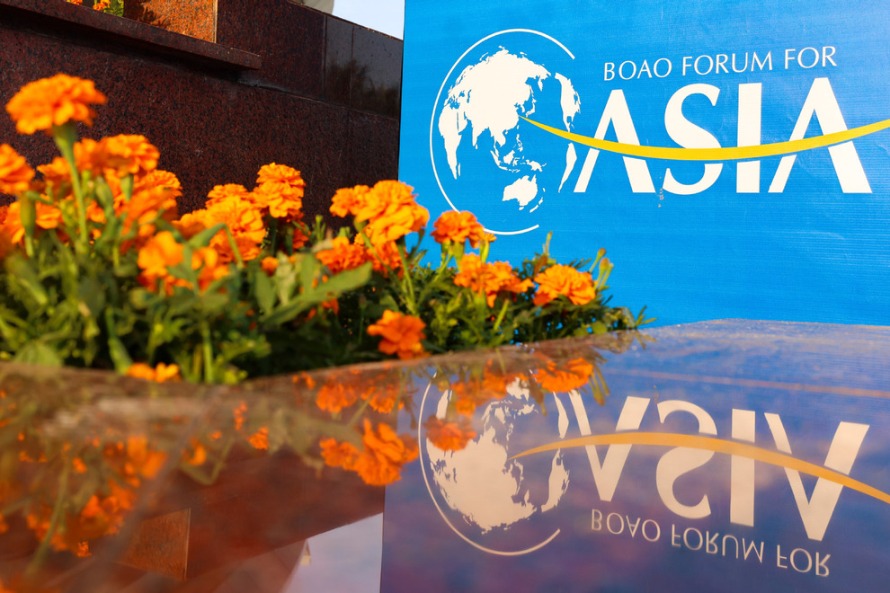Hong Kong engineers get mainland qualifications
By Stephy Zhang in Hong Kong | China Daily | Updated: 2025-01-07 09:05
Experts believe the first batch of Hong Kong engineers securing professional qualifications on the Chinese mainland marks a pivotal step in aligning the professional evaluation systems of both sides, further paving the way for local professionals to seek opportunities across the border.
Secretary for Development Bernadette Linn Hon-ho revealed that the authorities will strive to standardize the evaluation mechanism and extend it to more construction-related sectors such as surveying and architecture.
In November, 207 Hong Kong engineers from the public sector, consultancies and contractors passed the Guangdong-Hong Kong-Macao Greater Bay Area engineering "Professional Title "evaluation and acquired corresponding professional qualifications on the mainland.
It was the first time Hong Kong professionals had obtained corresponding titles on the mainland, which serve as benchmarks for evaluating professional qualification levels and provide a basis for construction companies to recruit and promote talent.
The pilot evaluation program involves five engineering disciplines: civil, geotechnical, highway, electrical and measurement and control instrumentation. The mainland qualifications they obtained include professorate senior engineer, senior engineer, engineer and assistant engineer.
In a blog post on Sunday, Linn stressed that the success of the pilot evaluation program for the first group of professionals represented a major breakthrough in aligning professional qualifications between the two regions. She said the development allows professionals to directly offer their services in mainland cities within the GBA, representing a crucial step for local professionals to integrate into the mainland professional qualification system, while demonstrating the support and care extended by the nation.
Having obtained the title of senior engineer, Long Engineering Director Chan Chi-man said the new title signifies his ability to lead other engineers in solving complex issues, making it easier for mainland peers to understand his professional background.
He added that though he faced many challenges in his preparations for the mainland title, he believes the new evaluation mechanism provides significant recognition and encouragement for Hong Kong engineers.
Jenny Chan, a senior engineer at Binnies Hong Kong who also received her mainland title last year, said obtaining such recognition could create more opportunities for young engineers. She noted that holding a title will enable her to engage in mainland projects, which is beneficial for gaining experience and broadening horizons.
Lo Wai-kwok, a lawmaker representing Hong Kong's engineering sector, said the new evaluation mechanism could enhance the competitiveness of local professional service industry talent and promote their collaboration with related industries in the GBA, enriching the pool of professional talent in the cluster.
Yuen Pak-leung, former president of the Hong Kong Institution of Engineers, said that in the past, achieving mutual recognition of qualifications faced significant challenges, including cultural differences, divergent regulatory and assessment frameworks, and even protectionism in some mainland regions.
He said hiring Hong Kong engineers with mainland professional titles will help companies gain competitive advantages during bidding processes, adding that veteran engineers with such titles can secure lucrative salaries with major organizations.
He hopes the government will further promote the mutual recognition of mechanical engineers and other professions.
Apart from the titles, Eric Ma Siu-cheung, president of the HKIE, emphasized the importance of mutual recognition of membership qualifications between professional associations in Hong Kong and on the mainland.
























